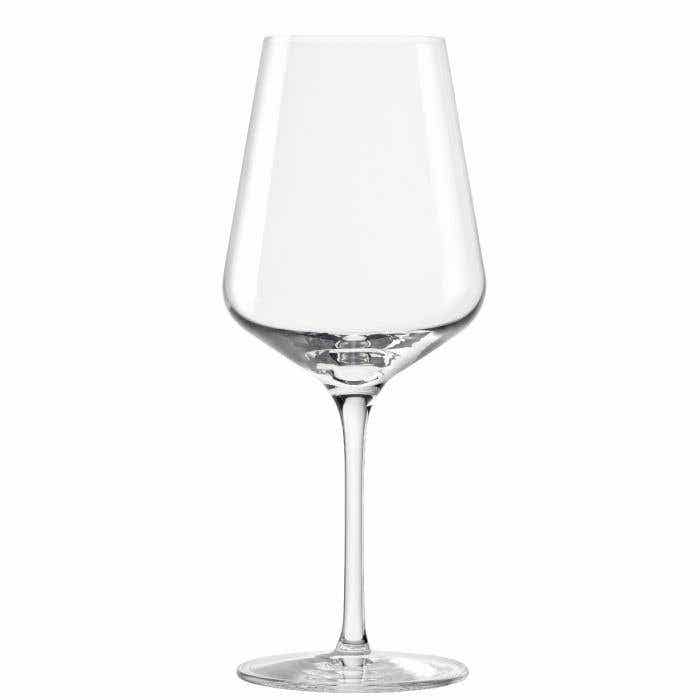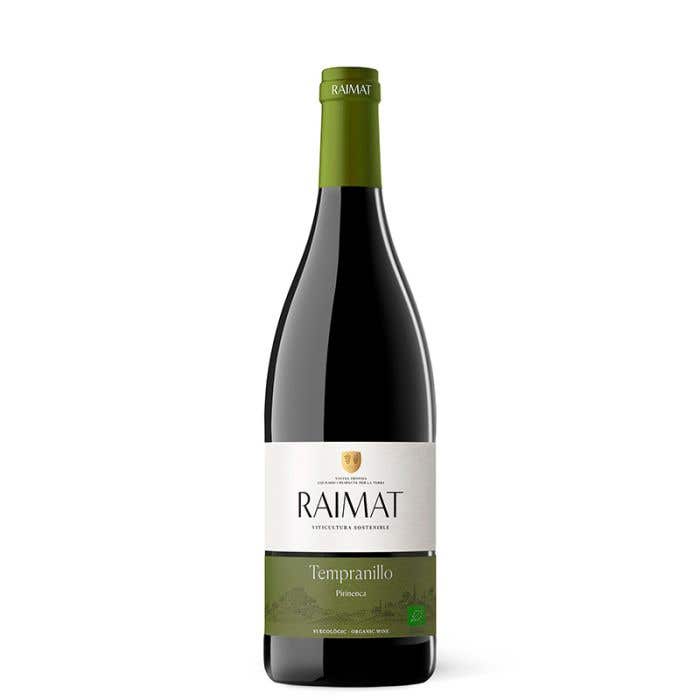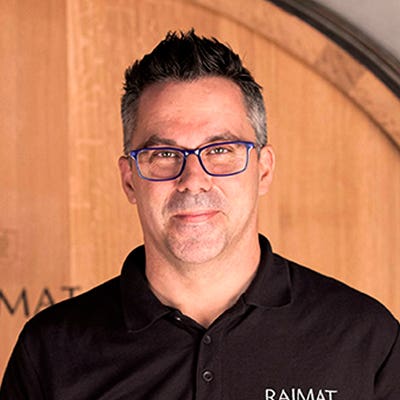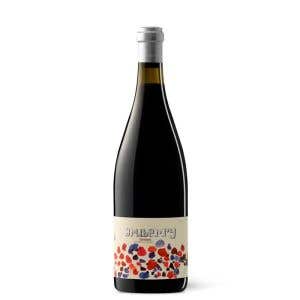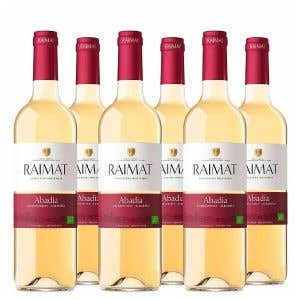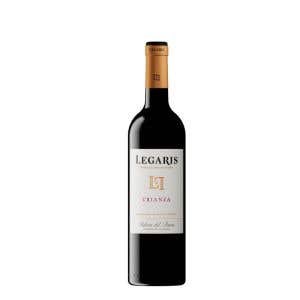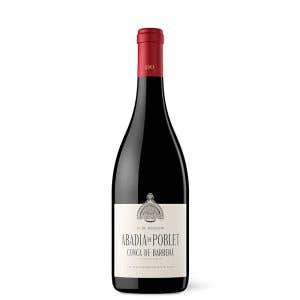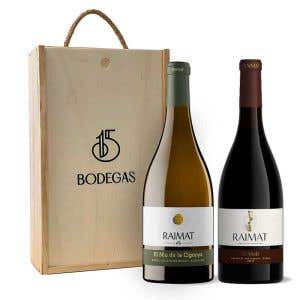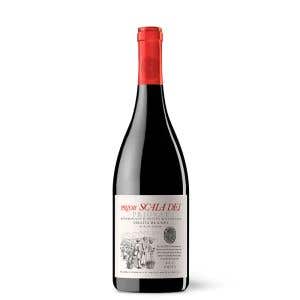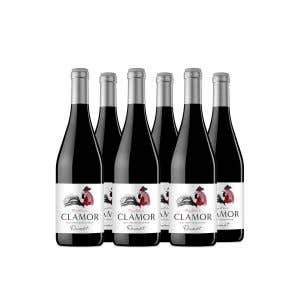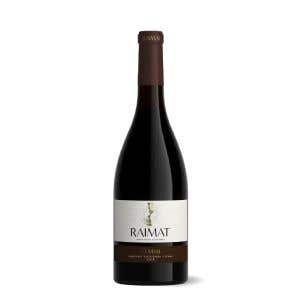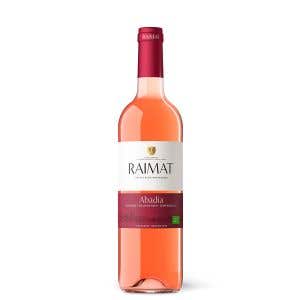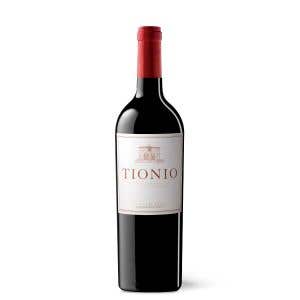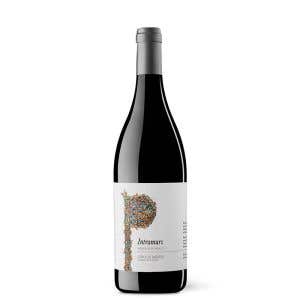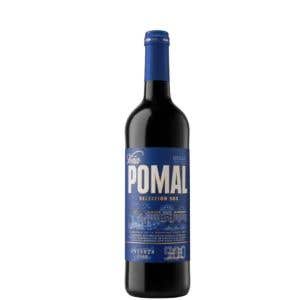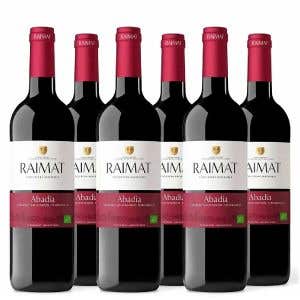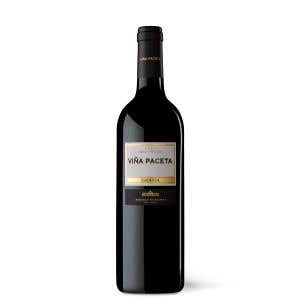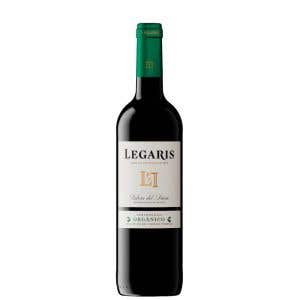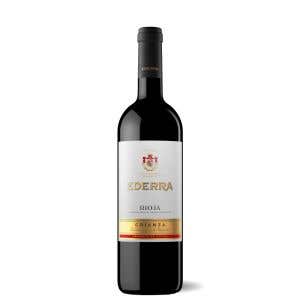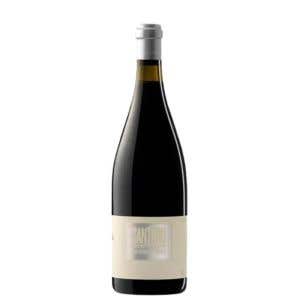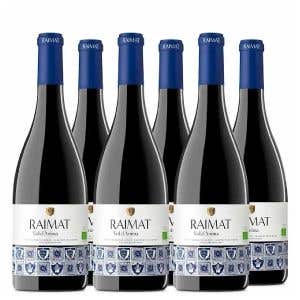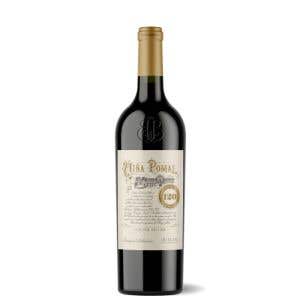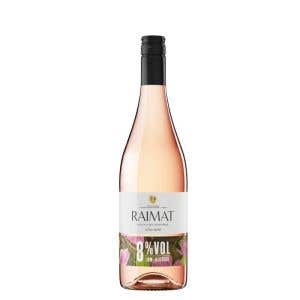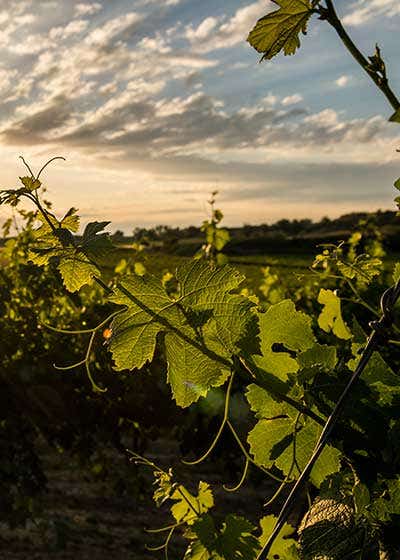

The vines of Raimat are nourished with pure water from the melting of the Pyrenees. In 1910 the irrigation channel of Catalonia-Aragón was created and 100 kilometers of ditches were built to transport water to the lands of Raimat. Raimat Pirinenca Tempranillo, a structured and long organic wine, with an intense body, matured for 12 months in oak barrels.
Awards
View
Dark-cherry red with ruby-red reflections.
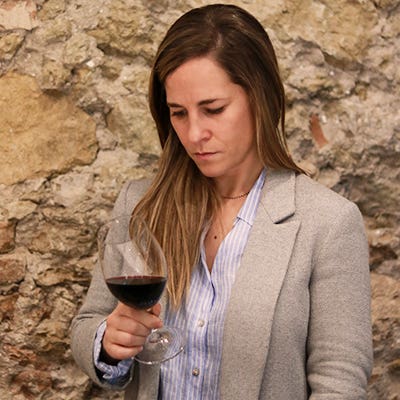

Nose
Very fresh, mentholated aromas with a touch of cocoa. Spicy notes of nutmeg and black pepper against a background of fennel and anise. Ripe dark plums and red currants. Hints of blue flowers and dried orange zest.
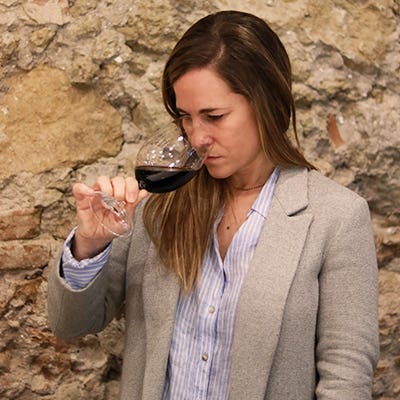

Palate
Great structure on the palate, but with sweet and supple tannins that give it a pleasant mouthfeel. One can perceive aromas of ripe red fruit intermingled with notes of cocoa and spices with a sweet finish.
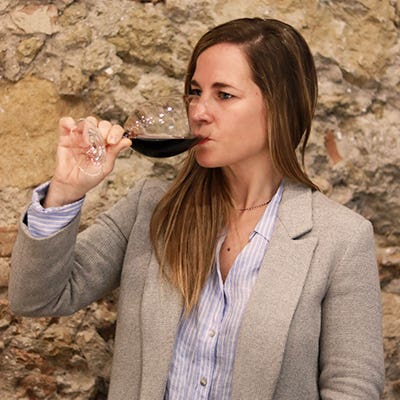

Varieties and Analysis
Yes
Contains sulfites13.5%
Alcohol volume (%)D.O. Costers del Segre
Designation of OriginTempranillo
Variety/CoupageRed wine
ProductNo
Suitable for vegansThe Winery
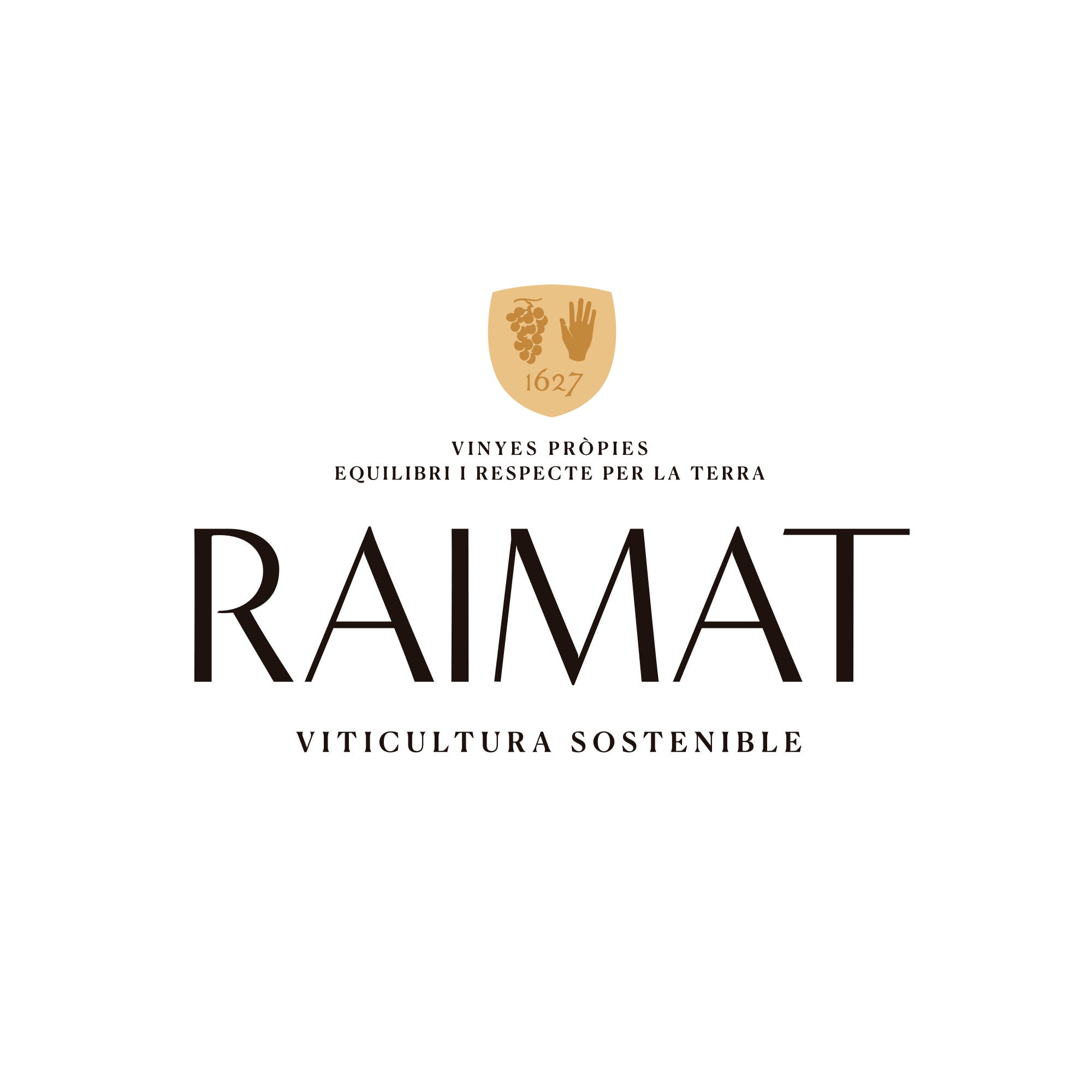

The history of Raimat goes back to 1914, when Manuel Raventós i Domènech acquired a plot of arid and unfertile land in a unique setting, converting it into what it is today: 2,245 hectares of 100% certified organic vineyards. Raimat is the expression of wines from Lleida, a land renowned for the quality of its fruit, where the continental climate means that the grapes from this estate give intense and flavourful wines. The winery is a pioneer in the use of the latest growing and winemaking technology, making a clear commitment to sustainable viticulture and to respecting the land and the environment.
Elaboration - Vinification
Prior to fermentation the grapes underwent cold maceration in order to bring out all the fruity aromas and obtain more structure and colour.
Prior to fermentation the grapes underwent cold maceration in order to bring out all the fruity aromas and obtain more structure and colour. Fermentation was carried out with the pomace in stainless steel vats for 10 days at a controlled temperature 25-28 °C. During this time they performed traced with different frequency and intensity, and a “delestage" according to the time of fermentation, in order to extract all the best qualities of the grape. Once the fermentation skin contact was maintained to achieve greater extraction of aroma, colour and structure. After the post-fermentation maceration of the skins wine was separated, pressed and subsequently began malolactic fermentation.


Vineyard - Viticulture
Grapes selected exclusively from Raimat’s vineyards.
Grapes selected exclusively from Raimat’s vineyards. Shallow (40-90 cm) coarse loam clay soils. Plant cover with local species ensures the biological diversity of the soils and prevents erosion and compaction. Given the lack of rainfall in the region, its poor soils and the presence of plant cover, watering is rendered essential. Regulated deficit irrigation (RDI) techniques are used applying water stress during certain times during the vine growth cycle to promote concentration, color, aromas and flavours: Insecticides are not used. Mating disruption is used to control grape moth. Low pressure powdery mildew and oidium are controlled mainly using sulfur. No grey mould treatments are applied.

